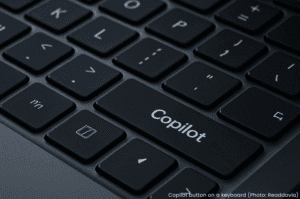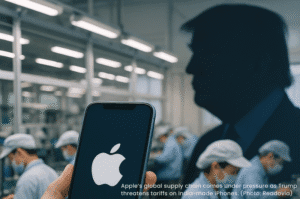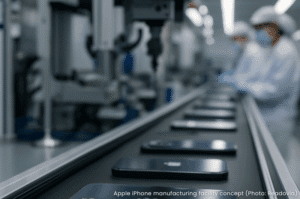If you’re buying a new PC this year, don’t be surprised if it shows up with a brand-new key you’ve never seen before—labeled “Copilot” or “AI.” It’s part of a sweeping hardware shift that’s reshaping everything from keyboards to chipsets.
But here’s the real question: what does it actually do—and do you really need it?
What’s Changing (and Why It Matters)
Microsoft and top PC makers like HP, Dell, and Lenovo are rolling out “Copilot Keys” across their latest laptops and desktops. The idea? Give users one-tap access to Microsoft’s AI assistant and productivity features baked into Windows 11.
You’ll usually find it where the right Control key used to be—because apparently, no one used that one anyway.
So What Happens When You Press It?
Right now, it launches Microsoft Copilot—a sidebar-style assistant in Windows that can do everything from summarize text and search files to generate emails and pull up settings.
It’s less like Siri and more like a smarter Clippy… with a college degree.
But as more apps (like Word, Outlook, and Teams) integrate with it, that button could become your shortcut to automation, formatting, scheduling—and yes, even fluffing up your emails.
Should You Actually Care?
Maybe. Maybe not.
If you’re deep in the Microsoft ecosystem, the button could save you clicks and time—especially in Office apps.
If you’re not using Copilot or you’re on a work device with AI disabled, it’s just… a fancy extra key.
And if you’re a Mac user? Apple hasn’t added an AI key—yet.
Hardware Trends to Watch
This isn’t just about keyboards. New PCs are being built with dedicated neural processing units (NPUs) that offload AI workloads, making your device faster, cooler, and better at things like real-time captioning or background blur in video calls.
So even if you ignore the AI button, your computer might be doing more than you think under the hood.
Final Word
The AI button is a sign of where consumer tech is headed: more shortcuts, more automation, and more baked-in intelligence. Whether you press it or not, it’s already reshaping your next device.
The Author

Kai Zhang
Staff Writer, Readovia































